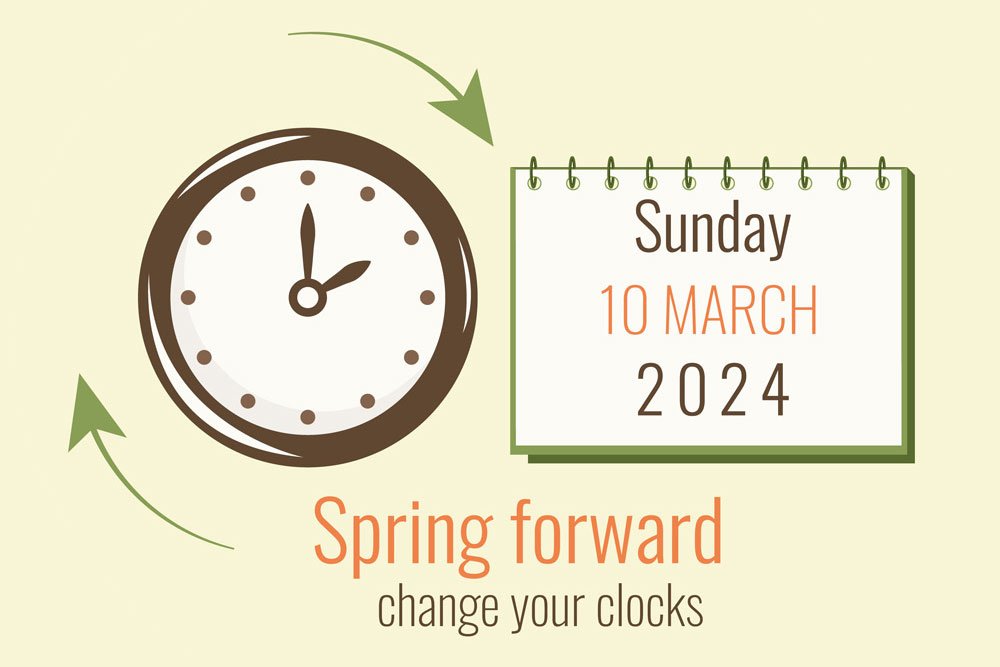Life Hacks to Help Prepare for Daylight Saving Time
 Don't be caught off guard when Daylight Saving Time starts. For people who don't prepare ahead of time, the change can wreak havoc on your sleep routine.
Don't be caught off guard when Daylight Saving Time starts. For people who don't prepare ahead of time, the change can wreak havoc on your sleep routine.
After Daylight Saving, we see a significant increase in errors at work, heart attacks, motor vehicle accidents, mood problems and sleep problems.
As a sleep expert, I'm not a fan of change. There's a movement in the “sleep world” to keep Standard Time year-round due to the risks mentioned above.
The good news is, there are things you can do to help your body better adjust to the change and minimize the negative impact. A great life hack is to change your bedtime 15 minutes later over the course of four days, rather than attempting it all in one night.
Children who need naps throughout the day should follow a similar structure — delaying nap time a little bit over several days.
There are people who have early jobs and may need to get to bed while it's still light out. If light is bothersome to you, I recommend getting room-darkening curtains and an eye mask.
Contrary to popular belief, counting sheep will not help you get to sleep faster. The best thing you can do is transition between work and bed. Some people listen to music, podcasts or download relaxation apps. Some people find that reading before bed helps, too. You need to find what works best for you.
If you have trouble falling asleep, you might be tempted to take a sleep aid, but I don't recommend that at all. The three most powerful things you can do to protect your sleep are:
- Don't nap during the day
- Get up at the same time every morning
- Go to bed at the same time every night
That's why Daylight Saving disrupts your sleep pattern because it messes with two of the three items on that list.
Springing the clock forward is a lot like traveling to a different time zone — minus the fun part of traveling. It takes your body and brain time to adjust. We all have an internal clock called the circadian rhythm. It's a natural cycle that follows a 24-hour pattern. That clock doesn't like to be moved. Hence, why it takes time to adapt.
For more tips on getting a better night of sleep and transitioning to Daylight Saving Time, go to the Sleep Foundation or speak with your primary care provider.